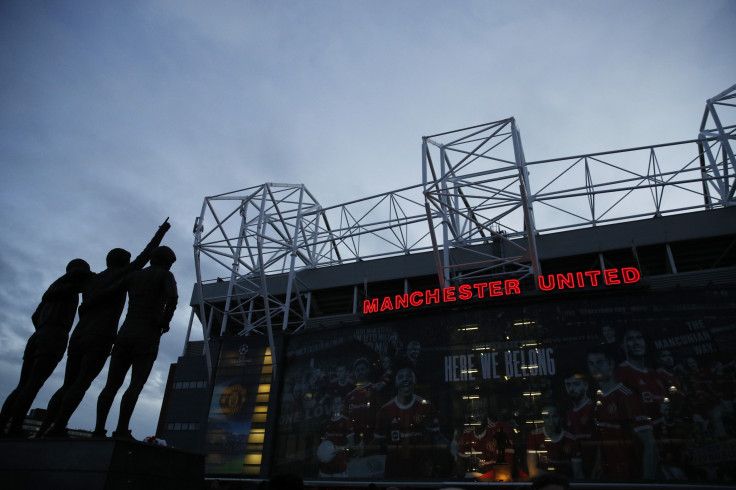Restructuring At Manchester United Takes Shape As Omar Berrada Appointed New CEO
Having spent over a decade with Manchester City, Omar Berrarda will switch to rivals, Manchester United, to help oversee the club's new direction.

Manchester United have announced that Omar Berrada will become the club's next Chief Executive Officer.
Berrada's impending arrival at Old Trafford means it brings an end to his 13-year stay as a key figure with the Red Devils' local rivals, Manchester City.
The Spaniard will be Manchester United's permanent replacement for former CEO, Richard Arnold, who departed the club last November as Sir Jim Ratcliffe and INEOS were nearing a 25 per cent purchase of the club. The minority takeover has since been agreed and should receive official approval by the Premier League next month.
Since Arnold's decision to step down, the club's legal head, Patrick Stewart, has been taking on the role of CEO in an interim capacity. As Berrada's start date as the new CEO has not yet been announced, Stewart will continue in the role until then.
In an official statement, Manchester United highlighted the motivation behind Berrada's appointment. It read: "The club is determined to put football and performance on the pitch back at the heart of everything we do. Omar's appointment represents the first step on this journey."
The club statement went on to say: "As one of the most experienced football executives at the top of European football, Omar brings a wealth of football and commercial expertise, with a proven record of successful leadership and a passion to help lead change across the club."
Manchester City confirmed Berrada's departure, with its official statement reading: "Manchester City Football Club can confirm that Omar Berrada has resigned from his role as Chief Football Operations Officer at City Football Group. The club understands his decision to look for a new challenge and he leaves with our thanks and best wishes."
Since 2020, Berrada has been operating as the Chief Football Operations Officer of the City Football Group (CFG). Here, he administered football operations for Manchester City, as well as the other members of CFG, which include Girona, New York City FC, Melbourne City and Palermo.
His responsibilities as Chief Football Operations Officer involved overseeing various departments within CFG clubs such as sports science, data analytics, player transfers and scouting. This was with the aim of maximising performance levels plus identifying and developing new talent.
Before working as part of CFG, Berrada was previously Manchester City's Chief Operating Officer for four years. Prior to this, the Spaniard spent his first five years at the club operating in the commercial and business departments.
Other work undergone by Berrada saw him represent Manchester City and CFG in governing bodies including the FA Women's Super League Board and the European Clubs Association.
Berrada's experience in football goes back to his time at Manchester City, as he was Head of Sponsorship as well as Media Business Development Manager during his time with Barcelona from 2004-2011.
The appointment of Berrada is set to be just the first of many personnel changes at Manchester United in the near future as Ratcliffe and INEOS look to implement a new sporting structure at the club.
Ratcliffe will be on the newly shuffled football board of directors at Manchester United alongside INEOS Director of Sport, Sir Dave Brailsford and INEOS Sport CEO, Jean Claude-Blanc.
INEOS' aim is to appoint the very best in all departments and Berrada's arrival is an encouraging start to the new era at Old Trafford. The knowledge and experience acquired by Berrada in his two decades operating in football should go a long way to improving the fortunes of Manchester United on the pitch.
Manchester United are also in the hunt for new personnel to fill the Head of Recruitment position as well as the Sporting Director role. INEOS' top targets for the two positions are Paul Mitchell and Dan Ashworth, respectively.
Arnold's departure and Berrada's impending arrival reflect that Manchester United are aiming to shift away from focusing primarily on commercial goals. Criticism from the club's supporters prior to Ratcliffe's arrival was voiced at the club's failure to evolve into a modern sporting institution, but that looks to be changing under INEOS' new direction.
© Copyright IBTimes 2025. All rights reserved.






















